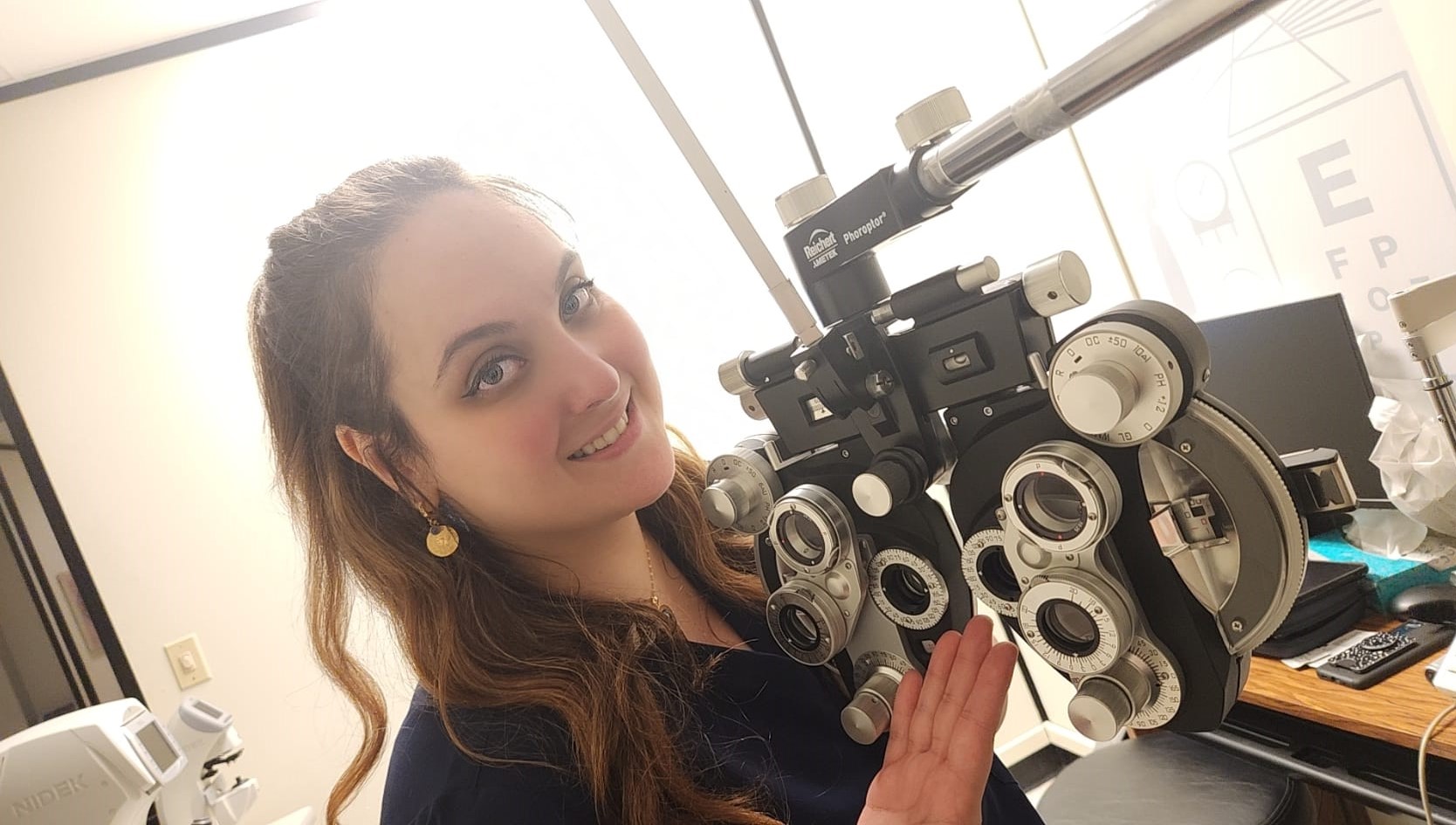Optometry school is a rewarding and demanding journey that requires a lot of effort and dedication to be successful.
It can be challenging to navigate the rigorous schedule of lectures, labs, and clinics, while trying to balance your personal life and mental health. Choosing to prioritize your mental well-being will not only be beneficial but essential to your happiness and academic success. Here are some reasons why:
1. Improving Academic Performance
Mental health is closely linked with academic performance. When your mind is healthy, you can improve your focus, retain information effectively, and think more clearly. This can translate into better grades and a more pleasant learning experience.
2. Enhancing Clinical Skills

Practicing optometry requires attention to detail and precision. In order to perform clinical skills precisely, unnecessary stress and anxiety should be avoided since they can greatly impair your ability to perform those tasks. It is so important to maintain good mental health will help you ensure that you are at your best in class and in the clinic when working with patients.
3. Building Resilience
Burnout is unfortunately a common experience for students in demanding educational programs. It can compromise academic performance by inducing fatigue, decreased motivation, and even depression. Prioritizing mental health will allow you to build resilience against burnout so you can maintain your passion and enthusiasm for optometry.
4. Maintaining Interpersonal Relationships

A positive state of mind can improve your relationships with peers, professors, and patients. Good mental health helps you communicate better, collaborate with others, and build a supportive network that can help you buffer stress during your studies and future career.
5. Personal Growth and Development

Optometry school provides the training you need to develop the crucial academic and clinical skills you need to serve your future patients, but it's also about personal growth. Caring for your mental health will allow you to develop important life skills such as stress management, emotional regulation, and self-awareness which will help you in your professional and personal life.
Practical Tips for Good Mental Health in Optometry School:
- Establish a Routine: Consistency is key. Planning your study schedule, meal times, exercise, and relaxation will give you a sense of control over your life
- Seek Support:Do not be afraid to reach out to friends, family, or mental health professionals if you’re feeling overwhelmed. Talking about your feelings with people you trust can be therapeutic and offer you different perspectives.
- Practice Mindfulness and Relaxation Techniques:Meditation, deep breathing, and mindfulness can help you manage stress and develop greater mental clarity. If you have no idea how to start, use an app to guide you.
- Prioritize Sleep:Try to get at least 7-9 hours of quality sleep for both mental and physical health. Sleep is necessary for consolidating memories and learning, so you don’t want to shortchange yourself by not getting enough of it.
- Stay Connected:Staying connected to your support group can help reduce feelings of isolation. Make time for social activities and stay connected with friends and family.
- Set Realistic Goals:Break down tasks into manageable chunks and set achievable goals. Keeping a daily planner can help you stay organized and avoid getting too overwhelmed.
- Take Breaks:Regular study breaks are a must! Taking breaks can prevent burnout and improve overall productivity. Use breaks to relax or do something you enjoy.
- Stay Positive:Maintaining a positive outlook is so important for effectively navigating the challenges of optometry school. Practice a growth-driven mindset and celebrate all of your achievements, no matter how small.
Remember, prioritizing your mental health is not a sign of weakness. By taking care of your mind, you can ensure that you excel in school so you can provide the best care for your future patients when you embark on a fulfilling career in optometry

